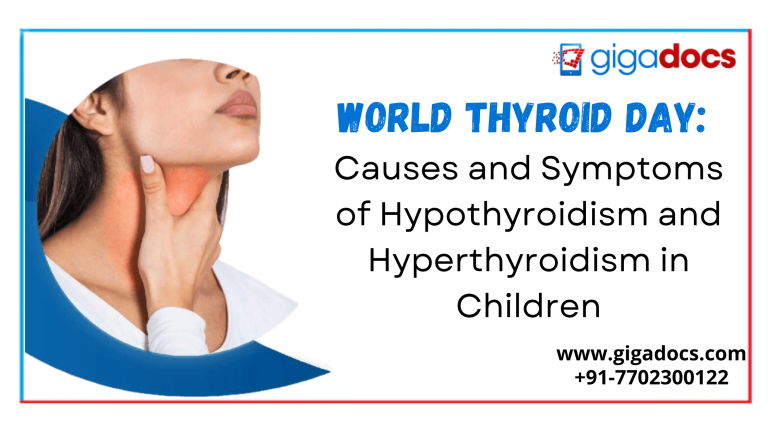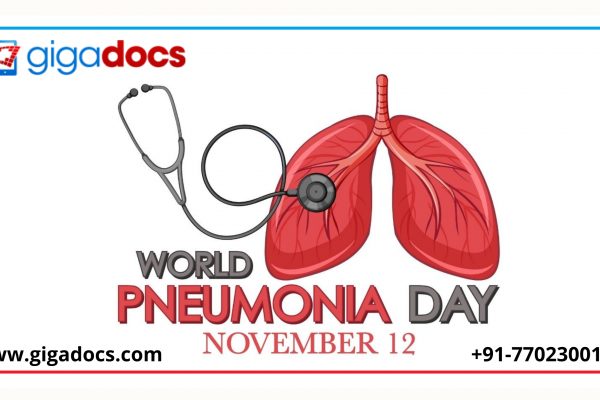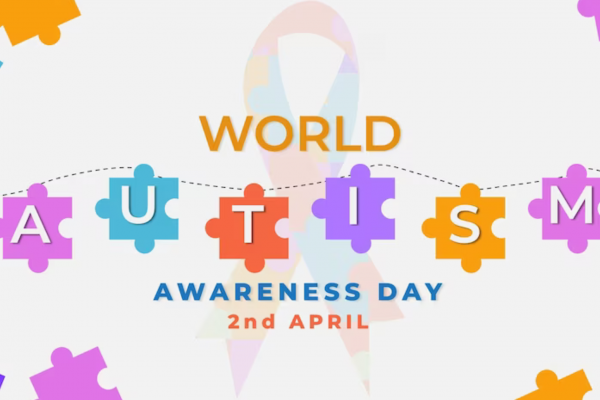The thyroid, one of the body’s smallest organs, is a butterfly-shaped gland at the neck’s base, just below Adam’s apple. The thyroid consists of Triiodothyronine (T3) and thyroxine (T4), two primary hormones regulating metabolism, growth, and development.
Thyroid disorders can affect anyone regardless of age, from children to the elderly, and need medical diagnosis and treatment. This World Thyroid Day, let’s understand more about the cases of Thyroid among children and how the Thyroid affects children.
World Thyroid Day
25th March is the annual observance of World Thyroid Day. It is an international campaign to raise awareness about thyroid-related disorders, promote early detection, and promote awareness about the importance of thyroid health. Let’s understand how the thyroid affects the youngest population worldwide, i.e., our children.
Can Thyroid Attack Children?
Thyroid disorders can affect children. Congenital hypothyroidism (present at birth), autoimmune thyroid diseases (e.g., Hashimoto’s thyroiditis), hyperthyroidism, and thyroid nodules are the conditions that occur in children.
Early detection and careful management of thyroid disorders in children are crucial for their growth, development, and overall health.
How Common is Thyroid in Children?
Thyroid disorders in children, while less common than in adults, can still occur. The common types of Thyroid disorders are;
- Congenital Hypothyroidism.
- Autoimmune Thyroid Diseases.
- Hyperthyroidism.
Additionally, the prevalence of thyroid disorders in children may be higher than reported due to cases that go undiagnosed or have mild symptoms.
What effects does childhood thyroid illness have?
Hypothyroidism (underactive thyroid) and hyperthyroidism (overactive thyroid) are children’s two most common thyroid conditions. Depending on their health, children with thyroid illnesses might experience different effects. Here’s how each of these conditions can affect children:
- Hypothyroidism:
- Can delay or disrupt the onset of Puberty and Sexual Development.
- Causes Fatigue and Sluggishness
- Causes Constipation.
- Can impair Intellectual and Cognitive Function.
- Hyperthyroidism
- Can lead to accelerated Growth and Development.
- Causes Weight Loss.
- Causes Behavioral and Emotional Changes.
- Causes Rapid Heartbeat.
- Causes Fatigue and Weakness.
Thyroid disorders in children have specific causes and symptoms. Let’s understand them in detail-
Causes of Thyroid Disease in Children
Here are some common causes of thyroid disease in children:
- Genetic Factors
- Autoimmune Thyroid Diseases.
- Congenital Hypothyroidism.
- Iodine Deficiency
- Thyroid Nodules
- Medications and Treatments
Symptoms of Thyroid Disease in Children
Here are some common symptoms associated with thyroid disease in children:
Symptoms of Hypothyroidism:
- Slow Growth.
- Dry Skin and Hair.
- Constipation.
- Cold Intolerance
- Weight Gain.
- Cognitive Impairment.
- Delayed Puberty.
- Fatigue and Weakness.
Symptoms of Hyperthyroidism:
- Behavioral Changes.
- Rapid Heart Rate.
- Muscle Weakness.
- Changes in Bowel Habits.
- Hyperactivity and Restlessness.
- Rapid Growth.
- Weight Loss.
- Sweating and Heat Intolerance.
Common Thyroid Problems in Children
Thyroid problems can affect children, and some of the common thyroid disorders seen in pediatric populations include:
- Congenital Hypothyroidism: This is a condition in which the thyroid gland doesn’t produce enough thyroid hormones from birth. It is usually detected through newborn screening programs. Congenital hypothyroidism can lead to developmental delays and growth problems if left untreated.
- Hashimoto’s Thyroiditis: Hashimoto’s thyroiditis is an autoimmune disorder in which the immune system mistakenly attacks the thyroid gland, leading to inflammation and impaired thyroid function. It can cause hypothyroidism in children.
- Graves’ Disease: Graves’ disease is another autoimmune disorder characterized by an overactive thyroid gland (hyperthyroidism). It occurs when the immune system stimulates the thyroid gland to produce excessive amounts of thyroid hormones. Graves’ disease in children can affect growth, development, and overall well-being.
- Thyroid Nodules: Thyroid nodules are abnormal growths or lumps within the thyroid gland. Most thyroid nodules in children are benign (non-cancerous) but can still cause thyroid dysfunction depending on size and activity. Some nodules may require evaluation and treatment.
- Thyroid Cancer: While relatively rare, thyroid cancer can occur in children. The most common type of thyroid cancer in children is papillary thyroid carcinoma. Treatment usually involves surgery and, in some cases, radioactive iodine therapy.
It’s important to note that these are just some common thyroid problems in children. Each condition requires proper diagnosis, evaluation, and treatment by a healthcare professional specializing in pediatric endocrinology. Suppose you suspect that a child may have a thyroid problem. In that case, it’s crucial to consult with a healthcare provider who can evaluate their symptoms, conduct necessary tests, and develop an appropriate management plan.
How does Teleconsultation help with Thyroid management in Children?
Teleconsultation, or remote healthcare consultations using video calls or teleconferencing, can be beneficial for managing thyroid conditions in children. Here are some ways in which Teleconsultation can help with thyroid management in children:
- Accessibility and Convenience.
- Timely Consultations.
- Regular Monitoring.
- Patient Education and Counseling.
- Test Result Interpretation.
- Collaborative Care.
Gigadocs for Thyroid Management
Pediatric endocrinologists specialize in diagnosing and treating thyroid disorders in children, ensuring that they receive the necessary care and monitoring for optimal thyroid function. Consult pediatric endocrinologists on the Gigadocs app, and manage your child’s thyroid; download the app from-
- IOS App – apple.co/2W2iG4V
- Android App – bit.ly/33AQoRC
To know more e-mail, at info@gigadocs.com




